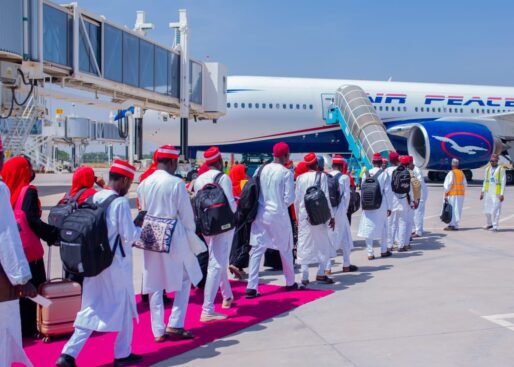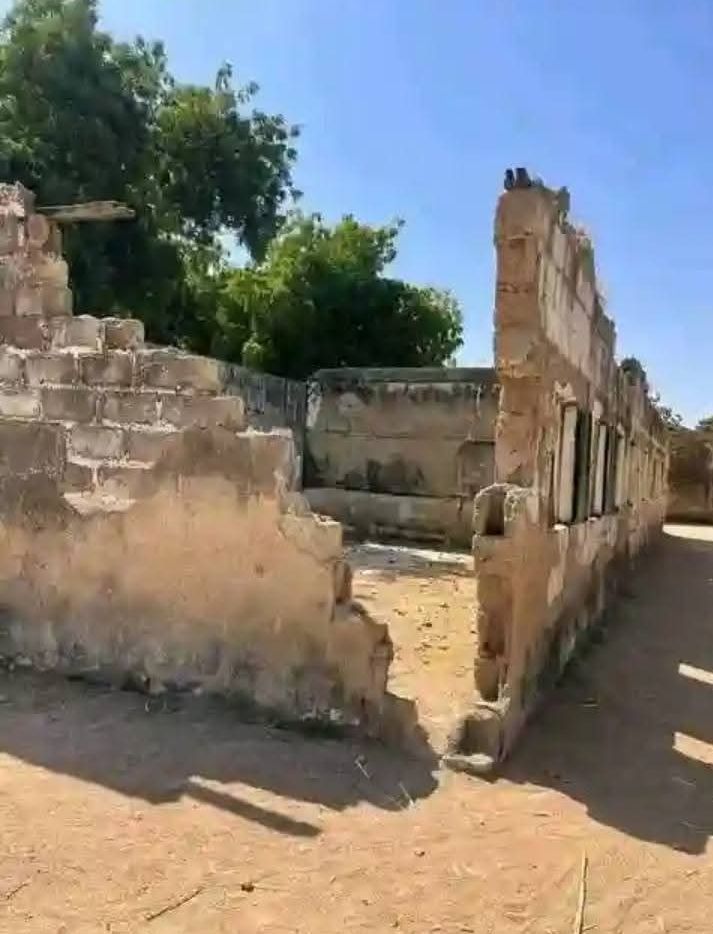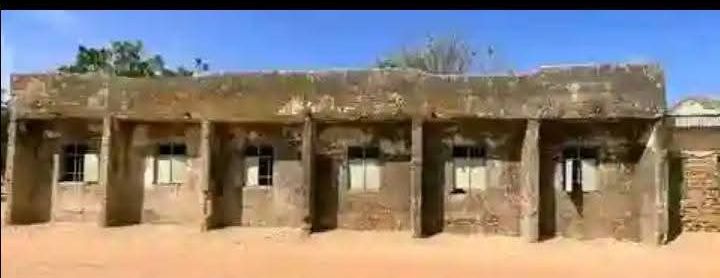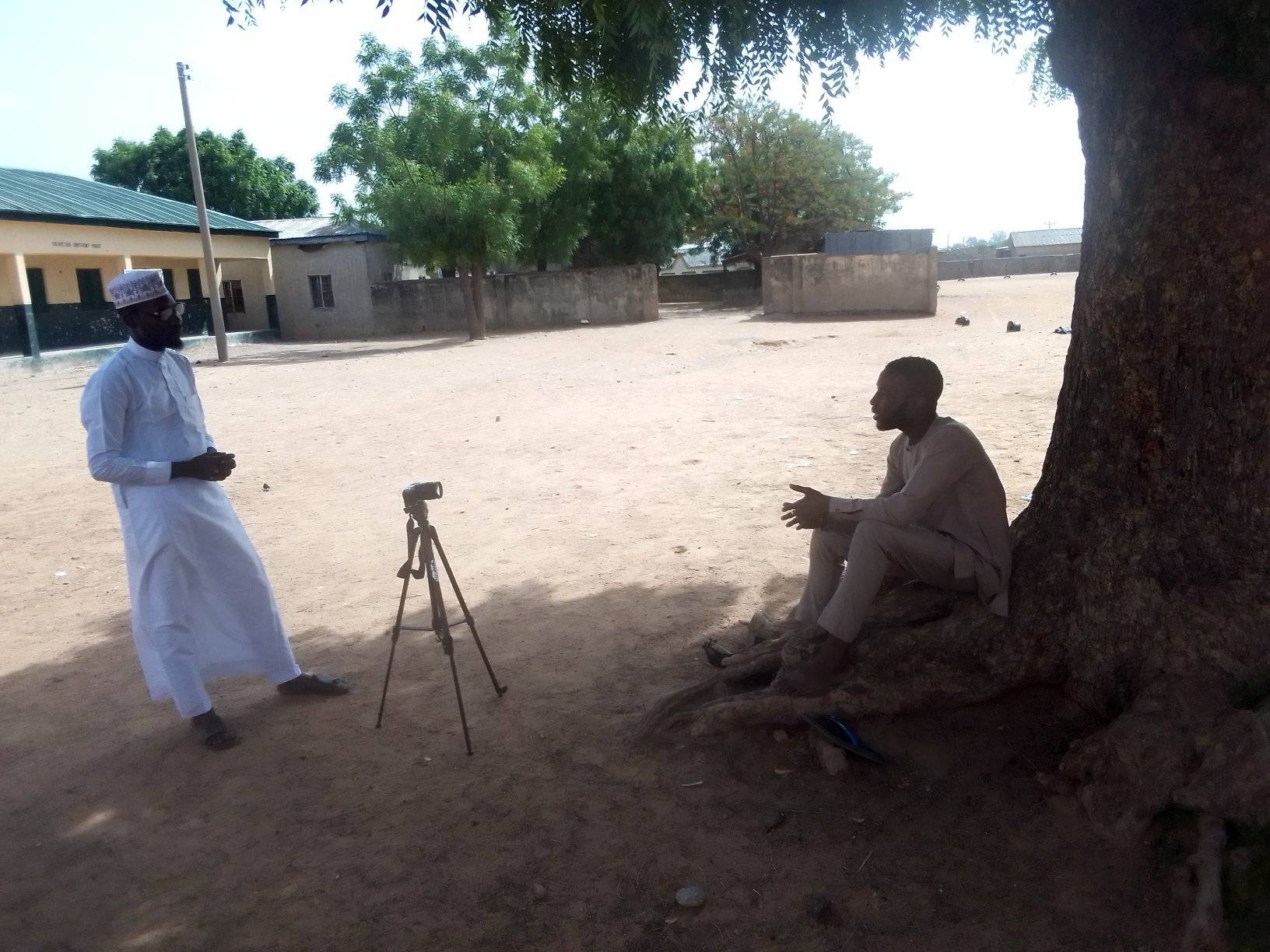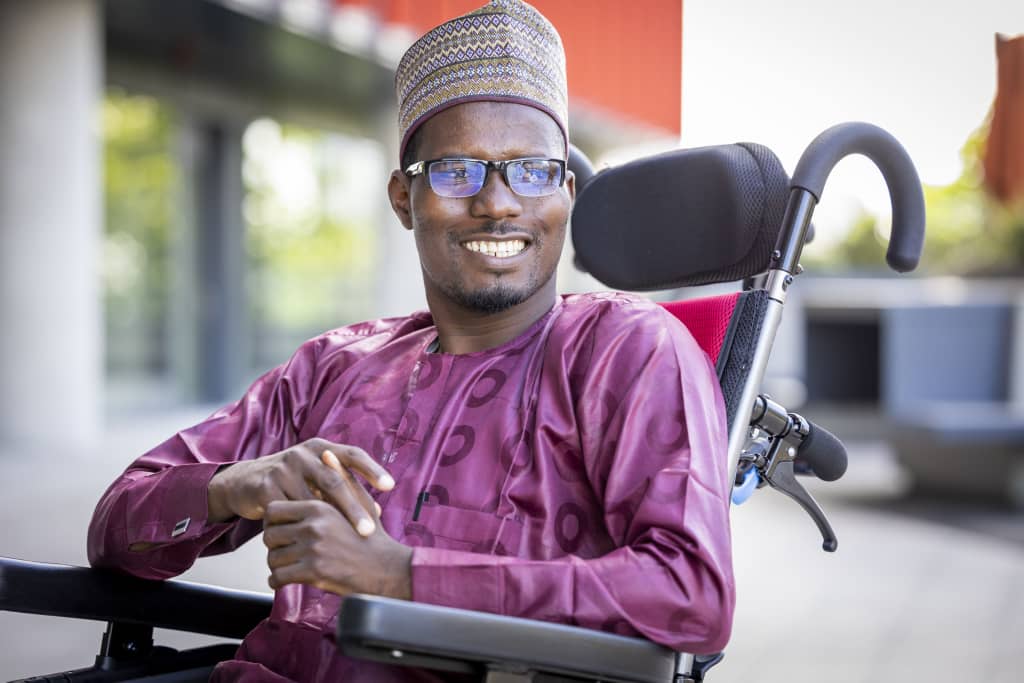
Billions for Few, Crumbling Schools for Many: A Deep Dive into Kano’s Education Crisis Where Foreign Scholarships Undermine State Needs
The foreign scholarship program by the Kano State government is a brain drain, considering its financial implications, where millions of Naira are budgeted for a single MSc student; the huge amount can sponsor thousands of students in Nigerian universities for similar qualifications with better output—Dr. Mansur Sa’ad, a lecturer and chairman of the Academic Staff Union of Universities (ASUU), Northwest University, formally (Yusuf Maitama Sule University) chapter.
In an interview with Daily Episode, Dr. Mansur stated that “The government spends at least ₦8,000,000 (₦8 million) on each student, totaling 501 students, which sums up to about ₦4,008,000,000 (₦4.8 billion) or even more, considering the fluctuating exchange rate and the ongoing devaluation of the naira. Imagine if such significant amounts were invested in Nigerian institutions; it could support numerous students who have dropped out and increase the number of literate individuals in the country, as many aspiring students are unable to afford higher education.”
“When comparing the amount spent on 501 students at ₦8,000,000 each, the total comes to ₦4,008,000,000 (₦4.8 billion). Dividing this amount by ₦200,000—the cost to sponsor a single student in a Nigerian university—means that no fewer than 20,400 students could have benefited from higher education in Nigerian universities through the scholarship scheme, benefiting only a few today.
“Mind you, the increase in the rate of crime in Kano is connected to the increased number of illiteracy, which has led the government to understand the importance of eradicating illiteracy through education empowerment; within two to five years, thuggery and other forms of crime will be eradicated.
Dr. Mansur posed a thought-provoking question: “Kano State, with its poor literacy rate among some Nigerian states, imagines the number of Kano State indigenes who could gain access to education and the transformative impact of having thousands of graduates who will increase the population of educated individuals who may be potential educationists or players in developing the states. What would the potential for state development look like with these opportunities if the government maximised?
“The foreign scholarship program may have its positive aspects, but if we can see beyond politics and how the Nigerian education system is bridging the gap by producing productive graduates making impacts in different aspects of professions globally, it may appear the government is spending unnecessary money, particularly in Kano, where the state owns at least three universities, polytechnics, colleges of education, and among several other higher institutions. Dr Mansur Continue
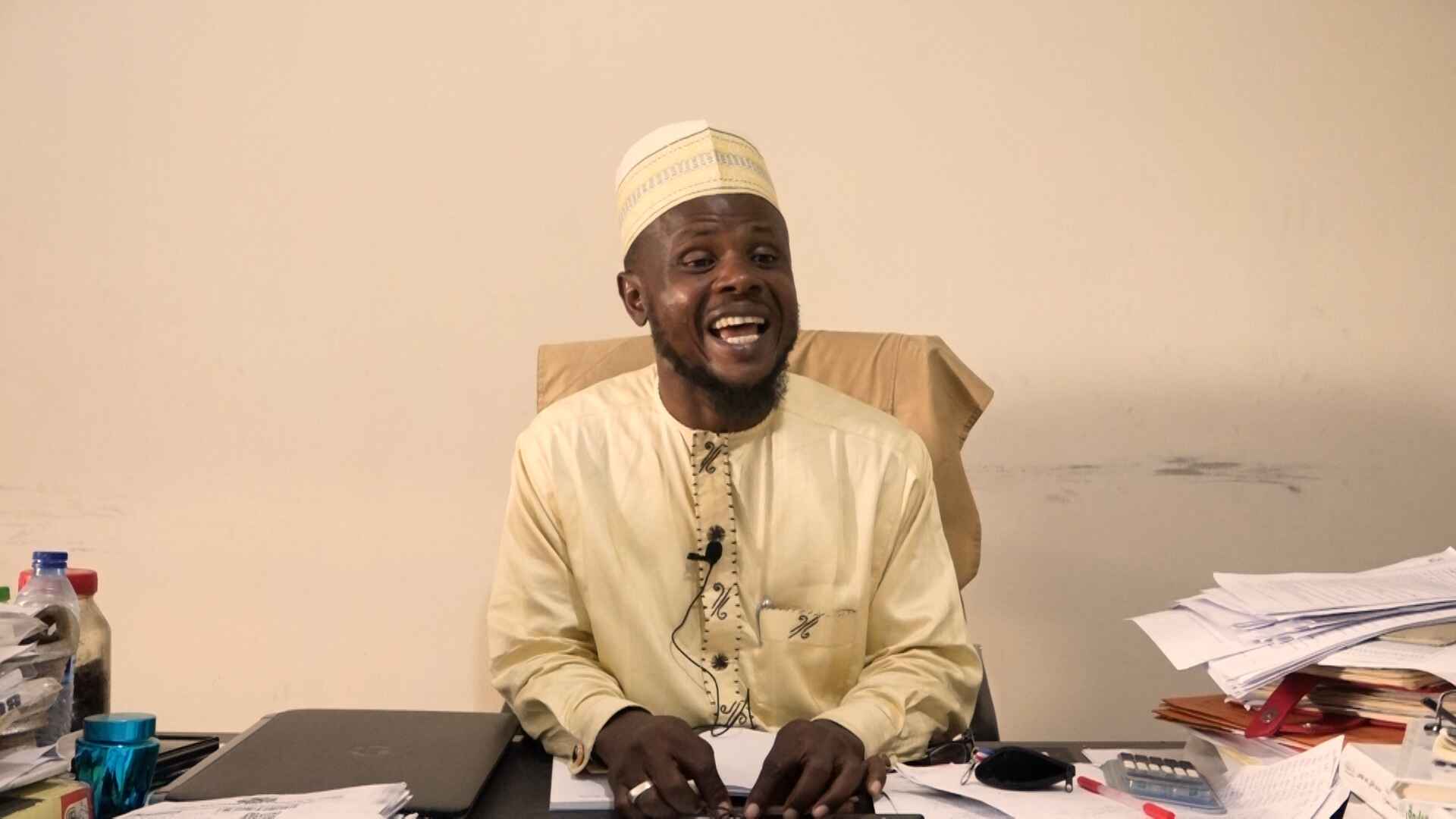
“Our findings revealed that the courses being studied by these students in the foreign universities are not better than what we offered at Yusuf Maitama Sule University, though there are some courses that we don’t run, but many Nigerian universities run these programs with excellence.
“Considering the caliber of lecturers and research mechanisms in Nigerian universities, I can argue that the countries the Kano State government sends the students to may not be better than what we have”. Dr. Mansur Added
Procurement Violations as the Ministry Releases Funds Without Governor Approval
In an attempt to personalise public funds, the Kano State Ministry of Higher Education disbursed about 1.5 billion without official approval for foreign scholarships in the state. The State Anti-corruption and Public Complaints Commission exposed the procurement violations in October 2024.
The alleged fraud was uncovered by the anti-graft agency, which, according to our findings, the ministry officials attempted to fraudulently loot the money without the approval of the state governor, Abba Kabir Yusuf.
However, while speaking, the anti-corruption public relations officer, Kabiru Kabiru, confirmed the allegations while mentioning that two top officials of the State Ministry of Higher Education were grilled for investigations about the alleged fraud after the governor’s order for investigation.
Mr Kabiru revealed that part of the money, amounting to about 700 million naira, has been recovered while further investigations continued. he said
Although Kabiru was not specific about who was arrested in the ministry, this further revealed procurement violations in the scholarship scheme.
Our stipends were cut, a beneficiary who studies in India alleged.
Before we departed Nigeria, the government made a commitment that we would be given $150 as a stipend every month, but along the way it was reduced to $70. The reduction honestly roots in starvation, considering the economy in India.
To give the government positive consideration, I don’t know the reason behind the sudden reduction in the payment, but we were not informed, nor did we complain, because we consider being selected to study as a privilege. Despite the 3.57 billion naira allocation for the programme, Ja’afaru Mudi, not his real name, a public health postgraduate student, cried.
Mudi, not his real name, revealed that his first degree was sponsored by the state government, and during his undergraduate studies, the government commitment was better as their current situation wasn’t what they had expected.
Underfunded triggered decay infrastructures and threatened academic activities in Kano universities
“Education in Nigeria, Kano to be precise, is battling with critical challenges due to insufficient funding and proper commitment from the government. By national policy, it is mandated by the government to allocate a certain percentage of its budget to the education sector, but in Kano, sometimes the reverse is the case. The government sometimes allocates 30% of its budget to education, but in reality, the government hardly implements 10-5% of the budget allocation, and at the end of every fiscal year, the government has to mop up the budget for another year, which proves the proposals are sometimes paperwork far from reality”—Mansur account.
This is one of the reasons that made most universities solely depend on the Tertiary Education Trust Fund (TetFund) for their infrastructure development, like our university, Northwest University. About 80-90% of the infrastructure is TetFund needs assessment projects; the only structures built by the state government are the Senate building, the Faculty of Science, and the Faculty of Humanities. Imagine the university without TetFund projects; activities in the university would be severely constrained.

Do you know that TetFund was designed to complement some parts of the areas where the federal or state governments have yet to implement the system of education, but surprisingly, today, TetFund has become the sole sponsor of all the tertiary institutions in Nigeria?
Besides structural challenges, in teaching our students, especially the science courses, I can tell you we are short of laboratory tools; the repetitive cycle of submitting requests for essential laboratory equipment is deteriorating.
“We are tired of writing requests for laboratory tools. Every year, we write and submit, but the story remains the same. We keep requesting the same equipment annually, yet none have arrived to this day,” Dr. Mansur said.
Primary and Secondary Schools Struggling with Deplorable Structures in the State
Education is the backbone of every society; no community, society, or country will move forward or develop without quality education, but looking at the structure in our schools, where students sit at the flow, we hardly receive the required necessities from the government, or, let me say, the ministry of education. Malam Saminu Bala, not a real name, a teacher at Rimin Gado Special Primary School, disclosed this in an interview with Daily Episode.
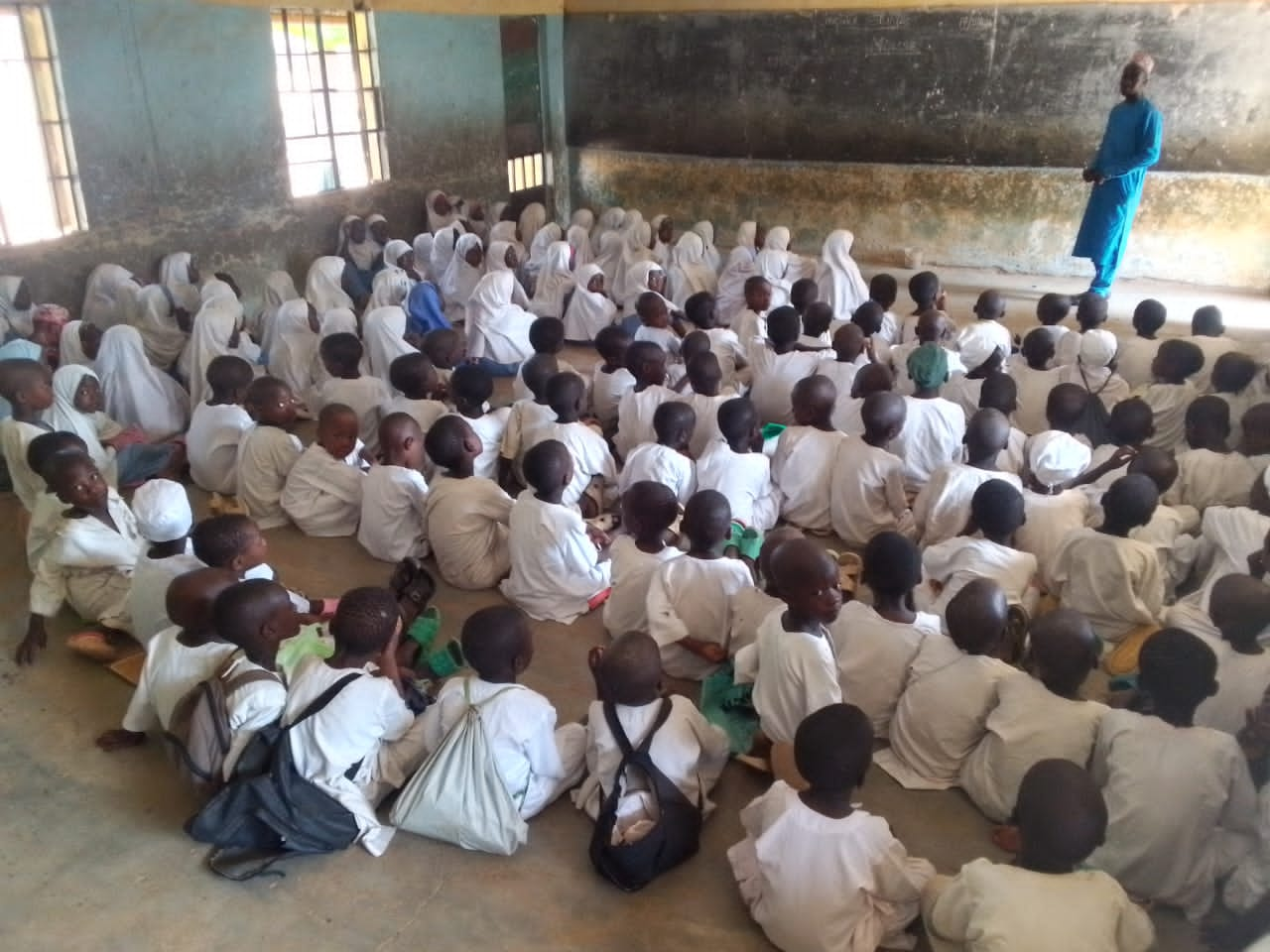
At the special primary school, with at least 1,826 registered students being taught, students sit at the flow, as our reporter counts only 45 desks with collapsed roofs, cracks on walls, no windows, dilapidated classrooms and toilets in bad conditions that can root out the spread of infectious diseases.
Most of the classes accommodate at least one hundred and twenty (120) students, with eighty (80) as a minimum, which contradicts the twenty-five students per class policy in the country. Saminu Bala, not his real name.
According to Saminu Bala, not a real name, the lack of seats in the school, dilapidated structures, and non-hygienic restrooms force some parents to deny their children from going to school. And as such, it is drastically contributing to the out-of-school children syndrome while affecting the academic performance of the privileged students because their parents are scared of the poor infrastructure and/or fear infectious diseases, especially in female pupils.
Despite Decay, Kano SUBEB Claims Spending ₦2-3 billion on Primary and Secondary Schools Annually.
We have a lot of structures and have been building schools and classes both in the Kano metropolitan area and in the rural communities in parts of the state, but suddenly the emergence of criminals who have come under relentless burgling of public school facilities has been frustrating development and threatening the education sector ruined by the scavengers in the state, which brought us to this stage of poor infrastructure, said Malam Mustafa Aminu, director of planning and research at the Kano State Universal and Basic Education Board (SUBEB).
Malam Aminu, who discloses that the construction of two blocks of classrooms cost the state government about 30 million naira, while a two-seater desk cost them about 55,000 naira. However, the state also spends about 2–3 billion naira annually running primary and secondary schools across Kano State.
In question, Malam Aminu’s confession of spending about 2–3 billion naira by the state alarmed participants at a roundtable discussion organised by the Partnership for learning for All in Nigeria (plane) program in collaboration with the Kano State Universal and Basic Education Board on May 21, 2024.
Most of the participants, mostly representatives from civil society organizations, media, and executives from the Ministry of Education and Kano State Universal and Basic Education Board (SUBEB), had questions about the state spending such a huge amount, considering the lack of teachers, seats in most schools, dilapidated structures, and non-hygienic rest rooms, which deprives primary and secondary schools of a conducive atmosphere in the state.
Dr Abdusslam Kani, who was among the participants in the workshop, when asked by our reporter about the reality of how the state spends 2–3 billion naira annually, disclosed that “I am personally sceptical and doubtful about how precisely the planning director quoted that amount during the workshop.
Budgeting is one of my specialities, and annually, we organise a town hall meeting on the education budget. We normally track all the expenditures and whatever, so I cannot ascertain if the figures or statistics that were quoted are precise.
Assuming the amount is real, the impact does not reflect its true reality, considering the level of decay in the education sector, especially what is common and visible, like the shortage of classrooms, teaching and learning facilities, lack of teachers, and the regrettable dilapidated structures, and other challenges.
Plight of a Dropout
“How can the Kano State government think of foreign postgraduate scholarships for graduates whose undergraduate studies were sponsored by the state in foreign institutions during Kwankwaso’s administration? We have millions of dropouts and vulnerable youth from disadvantaged families who can’t afford a university or even study at least a diploma in polytechnics or NCE at the college of education.” Auwalu Datti Abubakar from the Rimin Gado Local Government area laments the sorry state of education in the state while recounting his ordeal, as his efforts to further education for a teaching career are struggling to end in vain due to financial incapability at a time when the Kano State government is spending billions on 501 students currently studying abroad.
“Kano is big, and we have several tertiary institutions, among which are three state universities, one federal university, with about eight private universities, one police academy, a polytechnic, colleges of education, colleges of nursing, and midwives. Why must the Kano government have to spend billions on foreign institutions that will not add value to our economy when our institutions regularly go on strike for such an amount or demand a little more?” Abubakar asked.
3.57 billion naira can reshape the whole state’s primary and secondary schools, and today we have a number of schools that are even dilapidated. He continues
“Let me tell you a bit about my struggles and why I am so concerned and worried about the foreign scholarship instead of reviving Kano State education.
My early education in both Western and Islamic education was full of challenges from childhood. I was nurtured by a stepmother and grew up mixed with step-brothers. I am sure you are aware of the challenges children like me may suffer from.
Becoming a teacher was my dream as a child, so I remain committed and focused on my education.
I finished my primary schooling in 2010 at the special primary school, Rimin Gado, here in the Rimin Gado local government area of Kano State. However, after I passed an entrance examination, I also scored handsomely in Bich, which paved the way for my qualifications for GSS Gwarzo, a boarding school where I did my whole secondary school.
However, in 2018, I sat for my senior secondary school examination, and I’ve gotten some deficiencies in the NECO results. Although it’s sad, I didn’t feel discouraged. I made efforts to rewrite the SSCE examination but was marred by financial incapability, as no one had to pay; hence, my father couldn’t afford to pay for the examination during that period.
I make further efforts by seeking support from families and friends; hence, myself or my dad couldn’t afford to pay for another WAEC or NECO. All efforts also turn in vain.
Those efforts motivated me to go and start something and earn a living, which my dad also supported, so I departed Rimin Gado for the Zaria local government area of Kaduna State, where I started a cheaper job that lasted for about five years.
Although, six years later, I was lucky and able to save money by registering and paying for my NECO examination fee, I was lucky to have gotten seven credits.
After the examination, my dream is to acquire more certificates, like going to the university to bag a degree and/or the college of education for NCE, at least on a minimum.
But I am hit by financial constraints again; I can’t afford tuition fees and other money-consuming engagements in school.
Had the government put in place a mechanism where people like me could have hope, we wouldn’t have been out of school, but today they are spending billions on 501 people from their political cycle instead of making a flexible education system that will benefit thousands of youth like me. I think my hope in teaching is tragically being ruined by a failed system.” Abubakar counts
No Inclusion in the Selection: Disability Groups Alleged
Like Abubakar’s allegations of political influence in selecting the beneficiary of the foreign postgraduate scholarship, Hamza Isah Baffa, a person with disability (PWD) of the Kanawa Education Foundation for the Disabled, decried the inclusion of persons with disabilities in the scholarship program by the state government.
According to Baffa, “despite having numerous persons with disabilities who are well educated and skilled with potential and are in dire need of education support to grow their careers, the government relegates them by setting a first class as a criteria for qualification in the selection process.
At least as persons with disabilities, we should be giving some percentage in the selection process, and the average grade of first class should also be lowered for persons with disabilities considering the difficulties we go through in school.
During my undergraduate program, I have received lectures in the third flow of a lecture hall or theater as a cripple, with no accessible toilets for convenience for the disabled, including transportation obstacles. With these challenges, how can we be given the same criteria with people that has no disabilities?
Although we have called the attention of the government, it seems our voice is low or the government doesn’t want to act on the clarion call; therefore, we urge the government to develop a mechanism where people with disabilities will always be considered for future opportunities.” Baffa urged.
Expert view
Dr. Abdulrahman Kani, a lecturer at Sa’adatu Rimi University of Education, now revert to college of Education Kano, now converted to college of education who spoke to Daily Episode, decried that the Kano government should have prioritised transforming the state tertiary institutions with the 3.57 billion naira allocated for the foreign scholarship, considering the decay and underfunding crisis.
According to Dr. Kani, “if you look at the level of decay and the shortage of academic and non-academic staff, the shortage of learning and teaching facilities in our tertiary institutions, the government should have started by investing the money locally, or should have at least taken 40% of the money for the scholarship while 60% for our tertiary institutions upgrade, because as a lecturer, I know what is obtainable in our tertiary education.
Honestly, 3.57 billion naira is huge; it is indeed a staggering amount of money that, if invested locally, our universities, our colleges, and our polytechnic can be globally competitive, similar to the universities where we are sending the students abroad.
However, some of the universities the government is sending students to—in India, Uganda, and whatever—do not meet the expected standards.
Call to Action
“We know education is the backbone of development in communities and the foundation for a better life for every human being, but in Kano, the reverse seems to be the case. se. Aisha Haruna Kabuga, the Kano State coordinator for the National Council for Child Rights Advocate in Nigeria, cried.
According to Kabuga, the government should understand its primary responsibility by upgrading the already existing primary and secondary schools across the state while establishing new ones, especially in the rural communities where the majority of the schools are suffering from basic infrastructure and a conducive atmosphere.
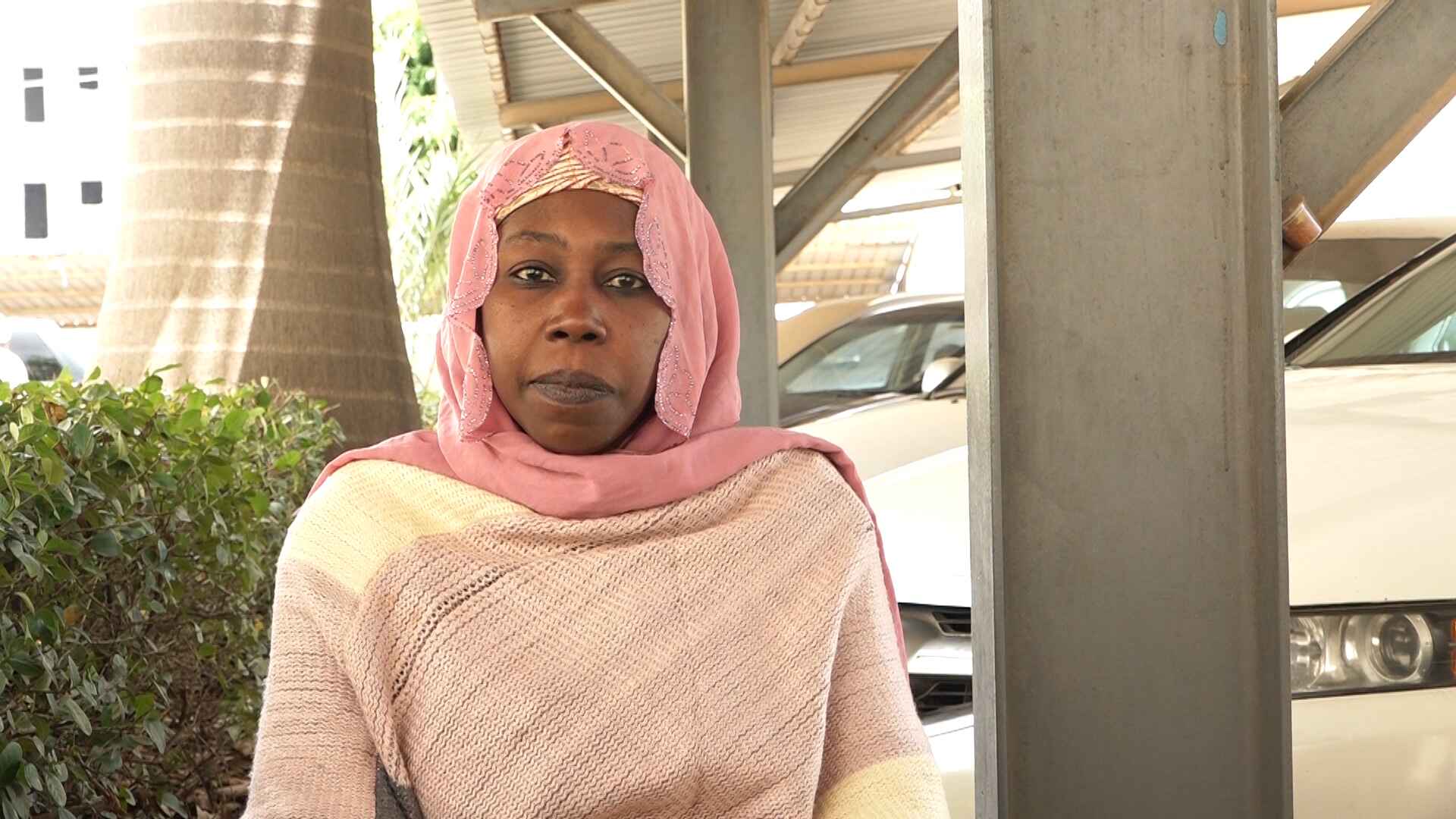
Believe me, you will shed tears in some schools when you visit them,, especially in the rural communities, despite the government declaring a state of emergency in education last year.
If the government is truly serious about its commitment to education, they can’t spend such an amount of money on foreign scholarships while allowing its own primary and secondary schools to collapse without proper funding.
We are calling on the government to understand the needs of the citizens; they should empower state-owned tertiary institutions by sponsoring the students locally, invest in rural education, and upgrade the standard of primary and secondary schools in the state”. Kabuga noted.
The ministry declined to comment in several attempts.
After the several attempts to interview the former commissioner for higher education, Yusuf Kofarmata, over the challenges and allegations regarding the Kano State foreign scholarship, efforts ended up being in vain. Now the situation to get the current commissioner, who’s the deputy governor of the state, becomes more impossible, despite several attempts and commitment.
LIKE & FOLLOW US ON FACEBOOK, X, INSTAGRAM, LINKEDIN & YOUTUBE
